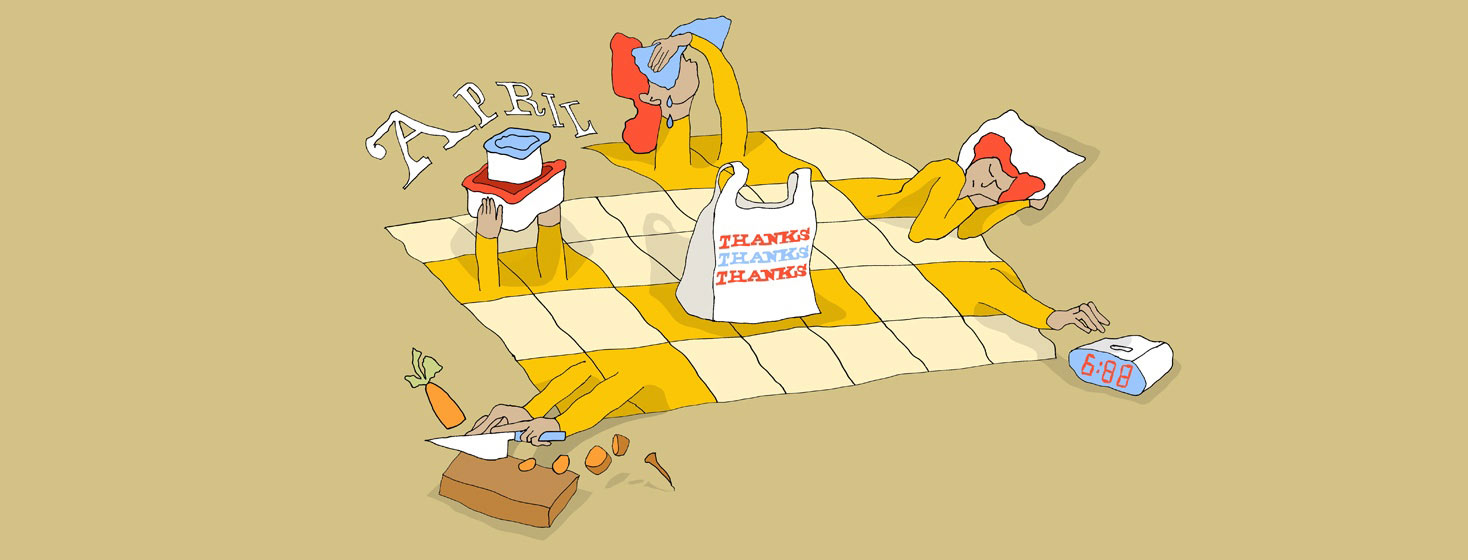Narcolepsy and the Menstrual Cycle
Living with narcolepsy type 1 has made me extremely aware of how this condition impacts every part of my life, even my menstrual cycle. For many women, that time of the month brings its own set of physical and emotional challenges, but when you throw narcolepsy into the mix, it adds a whole new layer of complexity.
My narcolepsy symptoms get even worse
In the days leading up to my period, at times it feels like I’m facing an uphill battle. The usual hormonal changes that occur can make my narcolepsy symptoms even more intense. Excessive daytime sleepiness becomes even harder to manage. It’s as if my body is waging a war on two fronts: dealing with hormonal shifts on one side and the constant fatigue of narcolepsy on the other.
Cataplexy, which is already unpredictable, also appears to happen more frequently during my menstrual cycle. The emotional ups and downs seem to trigger these episodes more easily. It’s frustrating, because I feel even less in control of my body. A simple laugh or a moment of stress can cause my muscles to weaken, leaving me feeling vulnerable and completely drained.
Physically and mentally exhausted
Beyond the physical symptoms, there’s also a significant emotional toll. Hormonal fluctuations can heighten feelings of anxiety and depression, which are already quite common in people with narcolepsy. For me, this means that during my period, I can sometimes feel more isolated and emotionally exhausted. The fatigue isn’t just physical; it’s mental, too, making it tough to manage everyday tasks and responsibilities.
There’s also this kind of guilt that comes with this. I’ve had to cancel plans or take time off work, because my symptoms were simply horrific! It’s hard not to feel like a burden, even though I know these feelings are part of my condition.
This or That
Does narcolepsy affect your menstrual cycle?
Managing a menstrual cycle and narcolepsy
Over time, I’ve learned to manage the impact of my menstrual cycle on my narcolepsy. One of the most important things I’ve discovered is the importance of listening to my body. I’ve started tracking my cycle more closely and noting when my symptoms tend to worsen. This awareness helps me anticipate difficult days and plan accordingly.
Self-care has also become essential during this time. I’ve learned that it’s okay to rest more and say no to activities that might be too exhausting. Simple practices like deep breathing, gentle exercise, and staying hydrated make a big difference in how I feel.
Additionally, I’ve sought support from doctors to explore options that might ease the intensity of my symptoms. Whether it’s adjusting my narcolepsy treatment or discussing hormonal therapies, being proactive about my health has been key.
Finding what works best
Living with narcolepsy while navigating the ups and downs of the menstrual cycle is undeniably challenging, but it’s also taught me a lot about resilience. Each month, I’m reminded of the importance of patience and self-compassion. I’ve learned to be kinder to myself, to understand that these challenges are not my fault and that it’s okay to ask for help when I need it.
To any woman out there managing narcolepsy along with her menstrual cycle, know that you’re not alone. It’s a journey of understanding your body and finding what works best for you.

Join the conversation